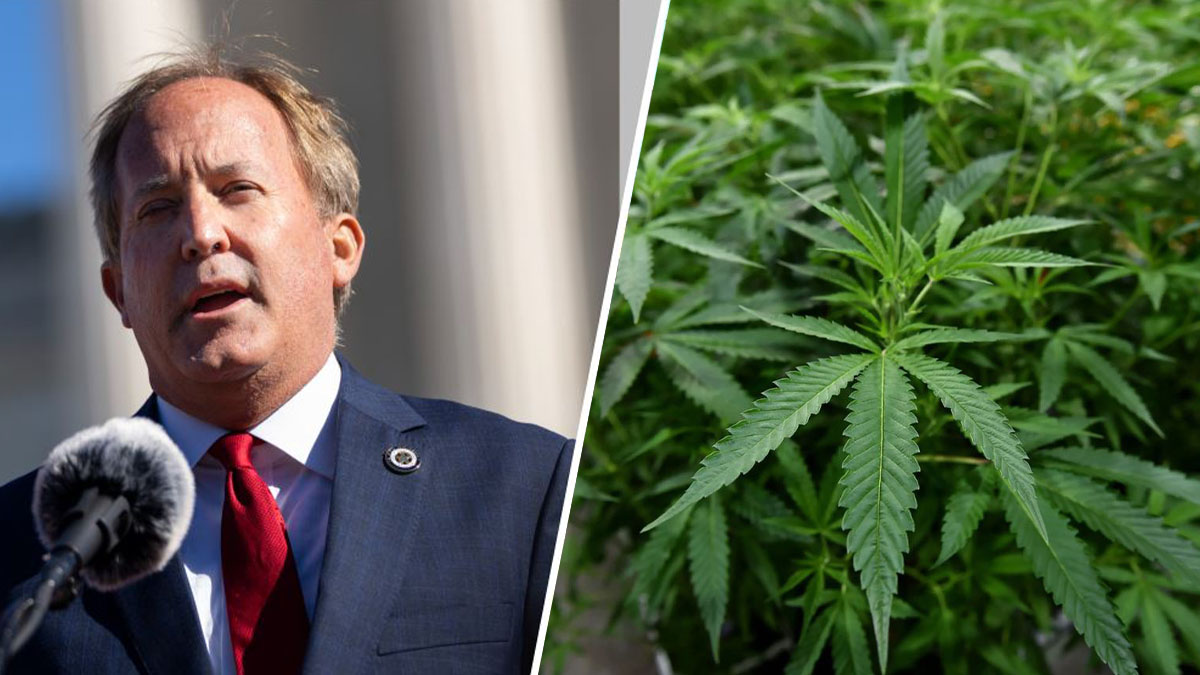The final gun for passing legislation proposed by lawmakers in the Texas House sounded Friday, killing hundreds of bills, most of which never even made it to the floor for debate.
While bills still have a few more days to win approval in the Senate or be revived as a last-minute amendment, many measures that once seemed vitally important now lie among the considerable legislative carnage.
Chief among the victims is the so-called "Texas Solution" to Medicaid expansion. The state has the highest rate of uninsured in the nation, with about 6.2 million residents lacking health care coverage. Advocates claim extending Medicaid as directed under the White House-backed health care reform law could have provided up to 1 million Texans with some coverage.
But Gov. Rick Perry and top Republicans in the Legislature opposed expansion, and a bipartisan House plan that would have allowed Texas to negotiate with the federal government to issue a block health care grant for the state ran out of time.
The governor, though, also saw one of his pet-projects lose out: a proposed ban of abortions after 20 weeks of pregnancy. That's the point at which anti-abortion activists claim a fetus can feel pain, though opponents note there is no science to support such claims.
For House bills to be resurrected, they must be tacked on as amendments to legislation that originated in the Senate and therefore can still be passed, or to measures that have already made it through the House. But that means finding surviving bills that are generally related to the same topic, or at least similar enough to survive any challenge from opponents who can raise parliamentary objections if amendments aren't sufficiently germane.
That's why the deadline, which came at midnight Friday, was important. In the final seconds, per tradition, a lawmaker from El Paso -- this time Democratic Pep. Joe Pickett -- joked about shifting the chamber's business to the time zone in his district, where it was an hour earlier.
Local
The latest news from around North Texas.
"I would like to make a motion to pass all bills related to El Paso since it's only 11 p.m. there," Pickett told the House. "Can I filibuster for an hour?"
The answer, just like it is every year, was no.
That doomed a much-watched effort to more strictly regulate payday loans with steep interest rates that could hurt consumers and a proposal celebrated by some conservatives to let individual school districts around Texas opt-out of the state public education curriculum, standardized testing requirements and nearly every other kind of classroom oversight.
Tea party-backed initiatives that fizzled included efforts to criminalize deliberate and excessive touching by security officials during airport screenings, a proposed constitutional referendum on all tax increases, an effort to make English the official state language and demands that $1 billion in gold bars owned by the University of Texas' investment fund be stored on Texas soil rather than a federal reserve vault in New York.
The House, meanwhile, found time to pass a parade of gun bills, but one that missed the mark would have exempted firearms made and sold in Texas from federal regulations.
Though immigration was a major focus the last time lawmakers descended on the state Capitol in 2011, it barely came up this time. That was bad news for a bill that would have extended special driving permits to immigrants who are not in the United States legally.
Then, there was the first-of-its-kind House subcommittee on transparency for state operation, which debuted to much fanfare but only referred three bills for consideration by the full House. Two passed, both calling for state agencies to disclose more information on websites.
When Kaufman County District Attorney Mike McLelland and his wife were shot and killed in March -- just two months after the county's assistant prosecutor, Mark Hasse, was slain -- it sent shockwaves through the state. But a House bill that would have mandated the death penalty for those convicted of killing a prosecutor stalled, especially after the chief suspect turned out not to be drug smugglers or white supremacists, but the county's former justice of the peace and his wife.
And an ambitious plan to transfer $2 billion from the state's Rainy Day Fund to pay for a long-term plan to boost drought-plagued Texas' water stocks collapsed on the House floor. It appeared to have little opposition early in the session, but sank on a parliamentary technicality led by Democrats who were angry that their Republican colleagues wouldn't also tap the same reserves for increased public education funding.
A water plan bill lives on in the Senate, but that chamber may end up calling a referendum to let voters decide how to fund the long-term planning infrastructure improvements.
House Speaker Joe Straus had said he'd rather not make voters decide the issue -- but now he likely has no choice.



